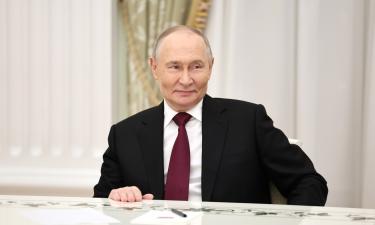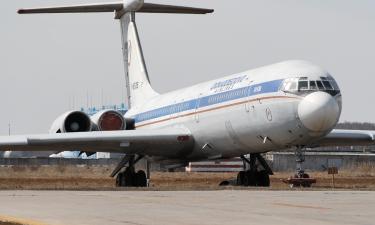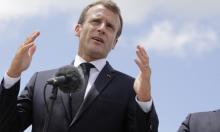No more reports on terrorism?!
 Informational taboo in mass media will enable authorities to conceal a great deal of information pertaining to terrorist acts.
Informational taboo in mass media will enable authorities to conceal a great deal of information pertaining to terrorist acts.
State Duma may limit the amount of information that gets transmitted through electronic media in times of terrorist acts involving hostages. According to the “Echo of Moscow”, special Duma's Committee of Informational Politics has already come up with certain amendments on such account. They mainly concern radio and television. Reporters may be forbidden to comment on anything regarding rescuing of hostages, until the operation is over. According to committee deputy chief Alexander Krutov, it is a known fact that terrorists watch all news channels and, states the delegate, journalists act as terrorists’ press-secretaries.
The state has once attempted to administer such regulations after the “Nord-Ost” tragedy. One cannot possibly forget the enraged Russian president, rebuking directors of TV stations. Back then, NTV was criticized the most. As a result, media giants had no other choice but to adopt the antiterrorist convention, which limited the amount of information of terrorist acts to be broadcasted. Afterwards, in early August of 2004, Television committee has adopted the so-called linguistic censorship. Reporters and news anchors of Russia’s leading channels were no longer allowed to use certain words and phrases; instead, they had to choose appropriate synonyms. Such phrases as “bank crisis”, “elimination of state benefits”, and such words as “killer”, “Shakhid”, “Chechnya” were considered inappropriate by the committee to be used on air.
Well, that's quite understandable: television is state-owned and has to accomplish those goals proposed by the government. Another issue is of interest though: Where is non-governmental, i.e. independent television then? Unfortunately, today the situation is such that a director of any TV channel, who does not wish to get in trouble and to have his license confiscated, has to adhere to self-censorship. The licensing law in turn is such that one can effortlessly nag at anything if one so wishes.
In general, censorship can be quite helpful at times. Oftentimes, even the most truthful statement made in a timely manner can make society panic, which obviously, rarely results in anything good. Nevertheless, people want to know what’s happening; they also want to be certain that they are told the truth… That's where the conflict emerges.
Let's see what sociologists have to say in regards to this matter. Based on the official results of the recent Public Opinion Survey, 62% of respondents agreed with state censorship of television programs. Whereas among the youngest group of respondents (ages 18-24) only 49% of respondents supported state censorship, an older group of respondents (60 and up) had 71% of pro-censorship individuals.
At the same time, it would be incorrect to assume that all Russians approve media censorship. Topics that should be censored however are sex, pornography (36%), as well as abuse of any sort, violence, crime (32%). Many people also wanted to “rid television” from advertising (22%). It is basically “moral censorship” that is at stake here, not some dissidence on TV.
Expert's opinion:
“Arguments concerning the issue of whether or not it is appropriate to broadcast images of mutilated bodies, blood etc. have been going on for the past 50 years or so. The issue still has not been resolved.” “On the other hand, people have a right to know. On the other hand however, we cannot allow explicit images of violence to trigger sadistic instinct in people.
At the same time it is also a known fact that frequent depiction of violence on screen somewhat numbs people’s ability to be sympathetic,” considers head of the department of psychoanalysis of the Institute of Psychology Mikhail Romashkevich.
Subscribe to Pravda.Ru Telegram channel, Facebook, RSS!




